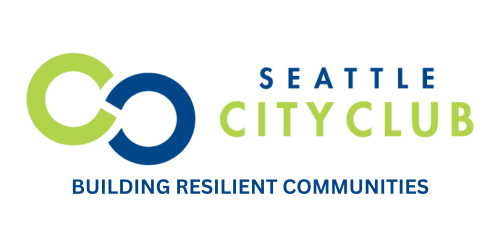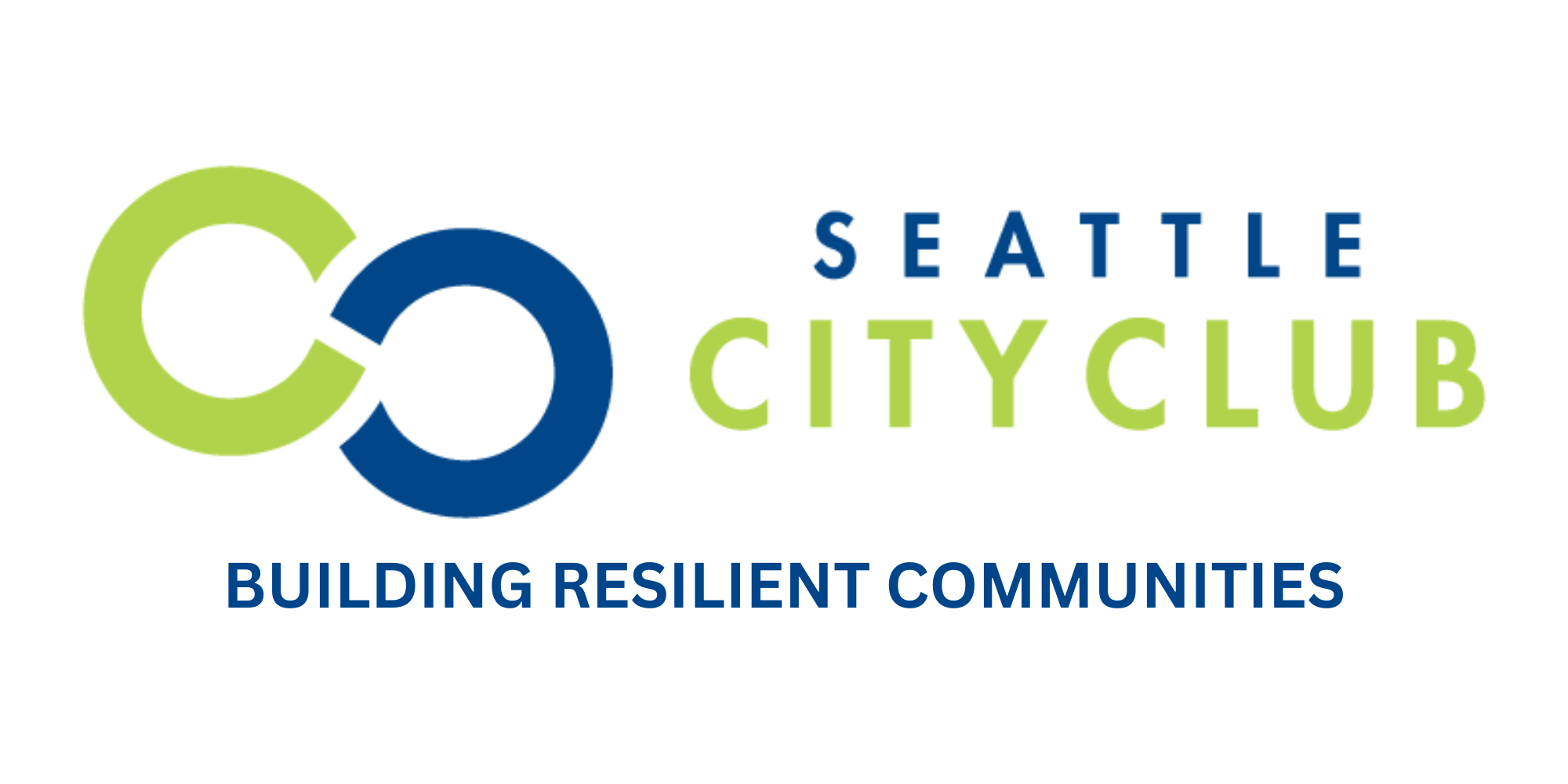The Winner of this Year’s Seattle CityClub Nancy Nordhoff Award is… Marilyn Watkins! Marilyn Watkins is Policy Director at the Economic Opportunity Institute, a Seattle-based nonprofit policy center that focuses on changing public policies to create an economy that works for everyone. Seattle CityClub’s Nancy Nordhoff Civic Leadership Award is given annually to a regional leader who inspires others to civic action for the common good. We sat down with Marilyn for a quick interview.
Q: In what ways, if any, has the Economic Opportunity Institute had to respond to the current challenges to truth and trust in our political climate? Does this climate affect the work you do?
A: The climate definitely affects the work we do. It is important in democracy to be engaged and participate and the more distrust there is, the more people are discouraged from participating or stepping up to make their voices heard.
One of our goals at the EOI is to provide plain language explanations of how the government spends money. One of our hopes in providing public education is to show people how they can get engaged in the process and make their voice heard.
Unfortunately, there are organizations out there who try to sow distrust. And to the extent that people distrust government, it limits that power.
When we look at our constitution, part of the responsibility of government is not just law and order, but to establish justice and prosperity and to extend that liberty not only to ourselves but to our children and grandchildren.
Q: Can you talk about how the fight for gender pay equity and family leave contributes to a more participatory democracy?
A: I think these are the types of issues people can feel personally connected to. Perhaps they know they are paid unequally, that their coworkers are paid unequally, they may face sexual harassment or any kind of discrimination. Perhaps they have had a new baby and couldn’t get time off or even had to work through something like chemo. People often see these (challenges) as personal failings.
Part of our job is working with all kinds of organizations: civic organizations, church groups, social groups. We say Hey, these aren’t personal failings – almost everyone has faced something like this. The only way we will get these (issues) to change is if you speak up. Our job is to show them how to get that done and how to turn their experiences into policy.
When people see the government working to affect their lives, they think, “Maybe I should go and vote; maybe I should get involved.” When they see these effects on bread and butter issues in their lives, it really does encourage greater participation.
Q: How do policies that address historical systemic challenges to specific groups, benefit the civic health of the general populace?
A: If we look at history, economics and public health, it’s clear that we all do better when we all do better. If there are groups being systemically left out, that harms everybody. A large robust middle class, everybody being able to secure systemic opportunities, helps everyone. The chutes and ladders thing where some people always land on chutes while others get these ladders to the top, it undermines the system. It hurts not only the people falling behind but the people who get ahead as well.
We can see in our city there is tremendous wealth. There are people who are really prospering. But there are also large amounts of people who are homeless, not able to afford the high cost of childcare, the high cost of healthcare, soaring college debt stifling the opportunities of a whole generation of people, mass incarnation, the horrific stories of trying to be in public while black: people calling the police on you in a coffee shop or for walking down the road or for just sleeping. It’s not good for any of us to have some people being so constantly oppressed and not provided with opportunities.
Our whole society prospers when every family has that support system where they can build community and social connections and afford to stay in their communities. We are all going to do better when we all do better.
One of the things we learned when we built the paid family and medical leave policy, was to watch for those who would be excluded. We tried to really understand how to craft a policy for people in a variety of scenarios. That could be immigrant communities, those who move for work, or construction workers who work for different people seasonally. I think by paying attention to those at the margins we were able to craft a stronger policy for everybody.
Q: What role does civility in politics play in producing a more equitable and effective system of law and policy? Do you think our community does a good job at embodying civility?
A: Sometimes and sometimes not. I think we just saw an occasion of the breakdown of civility in our community (with public hearings and protest concerning the Head Tax). It is really important to listen. At the same time the system is set up to be adversarial. So it is understandable why people tend to dig in. And there are sometimes reasons to be distrustful. But to the extent that we see people as whole people and see problems as complex, I think we can craft better solutions.
I see situations where people sit down from different backgrounds and try and work together to craft simple solutions, and it creates strong policy. Two examples: In 2011 in Seattle we passed the paid sick leave ordinance when we had small business owners and advocates of paid sick leave bring something to City Council that they built together, something that not everyone agreed with but could gain wide acceptance. So many people aren’t able to get paid sick leave without laws, and Seattle was about the third city to get that (policy put into law). We proved it was possible to do so at low cost and (make it) good for everybody.
Another example would be paid family and medical leave. In 2017 we had advocates for paid family and medical leave and business leaders coming to the table to craft something for the greater good. But it only works when we have people coming to the table with equal power and respect, and when you don’t have people fanning the flames from the outside. I think it goes back to trust as well. We elect people to represent us but none of us can know everything, including our representatives. It is important for us to recognize that. Part of the danger is we don’t have as many organizations that bring us together across our different social spheres anymore. We don’t get to see each other as whole people. We don’t recognize the different experiences each other might have.
Q: How does your background in American History inform your work in modern day policy, advocacy, and education?
A. It’s important to take the long-view in doing this kind of work. I understand that it’s a process and not necessarily just about particular end goals. We have to understand that democracy is a process. We only achieve a more perfect union by acting in ways that get us there, and there is no one single point of achieving it. It is something we have to continue to work at partly because things change and things evolve. We’ve seen that particularly with the advent of social media. We can’t achieve a just society or participatory democracy unless we strive to go about living those values in the ways we do our work.
Written by Ronnie Davis, Development Coordinator at Seattle CityClub

